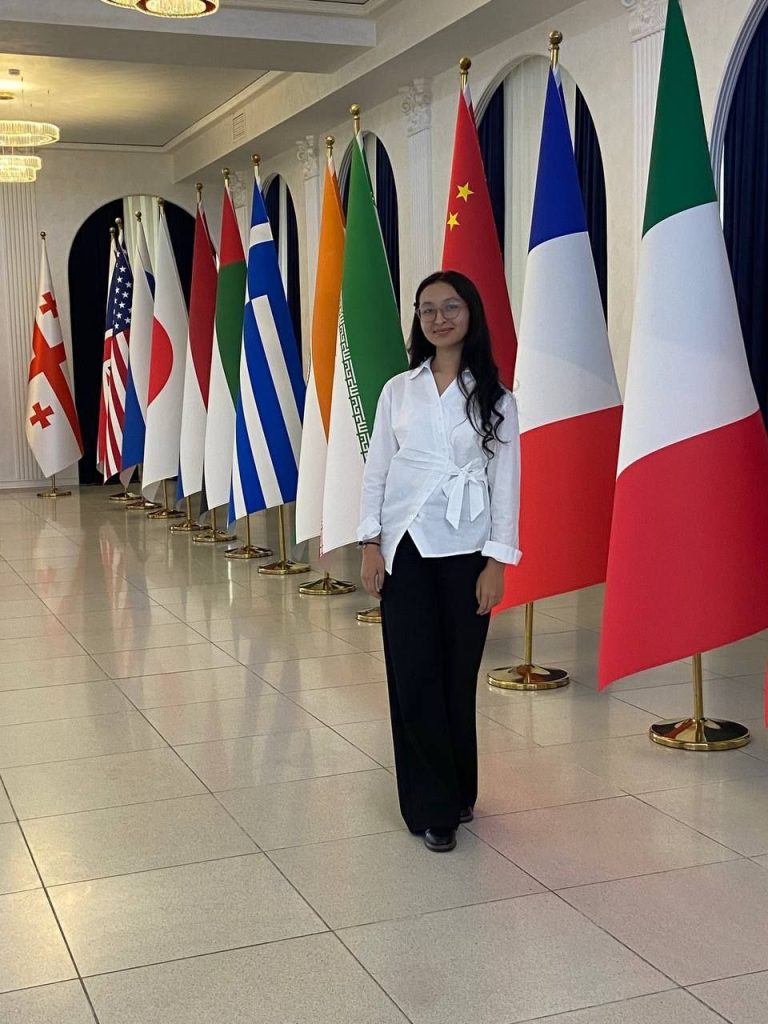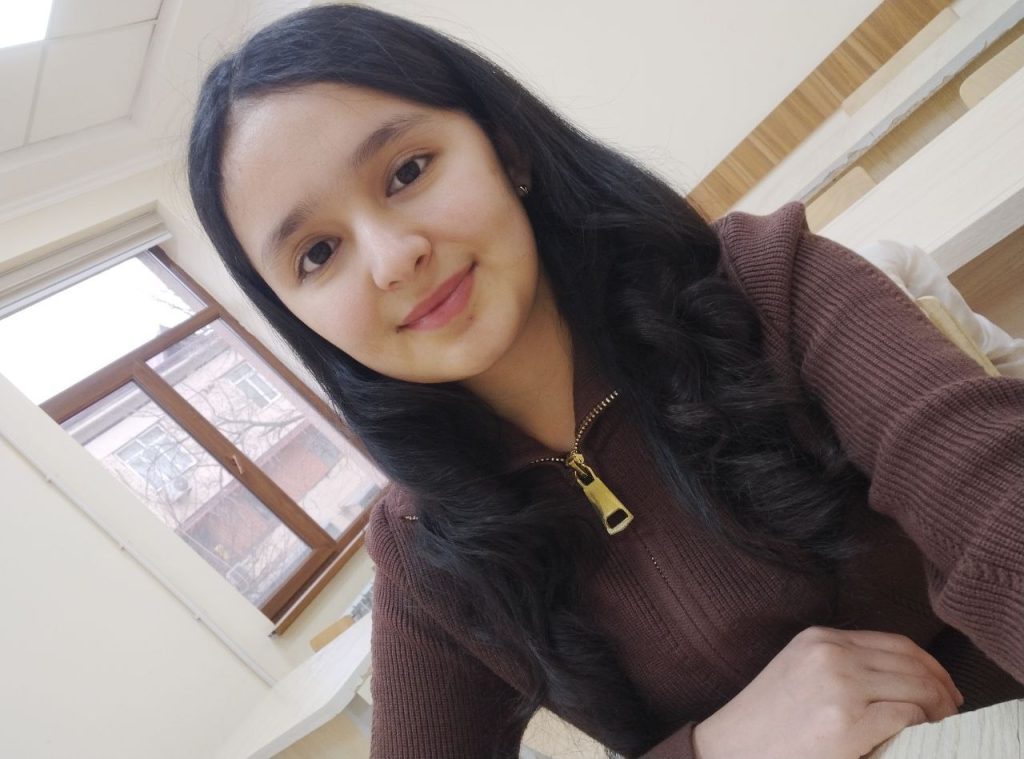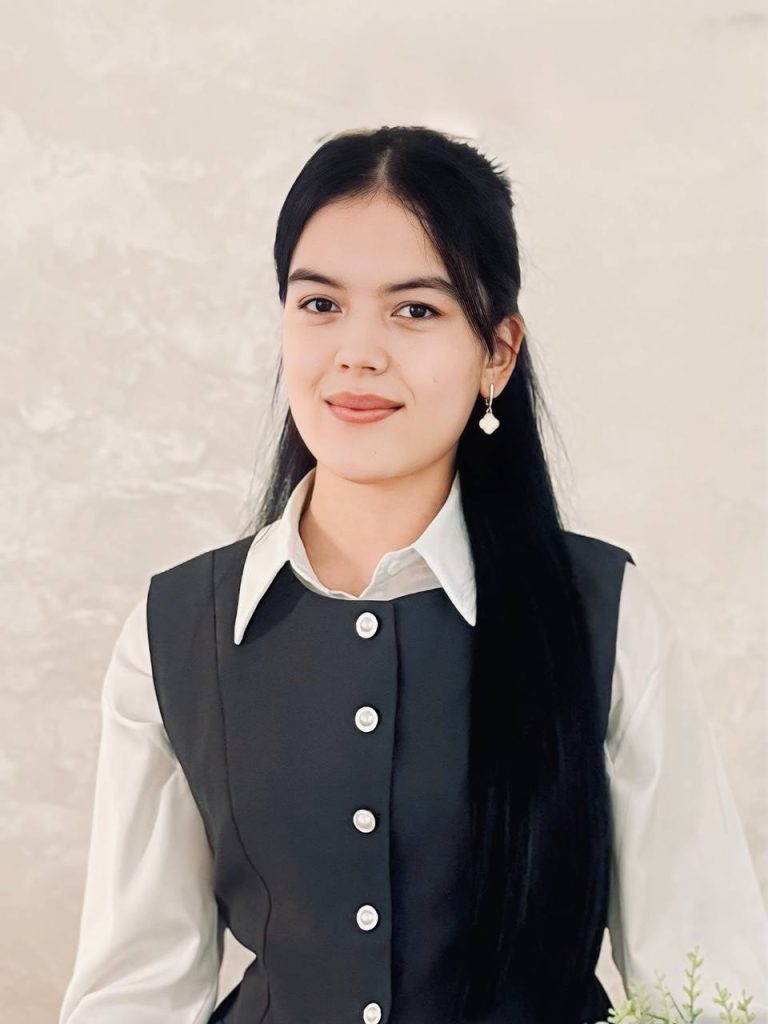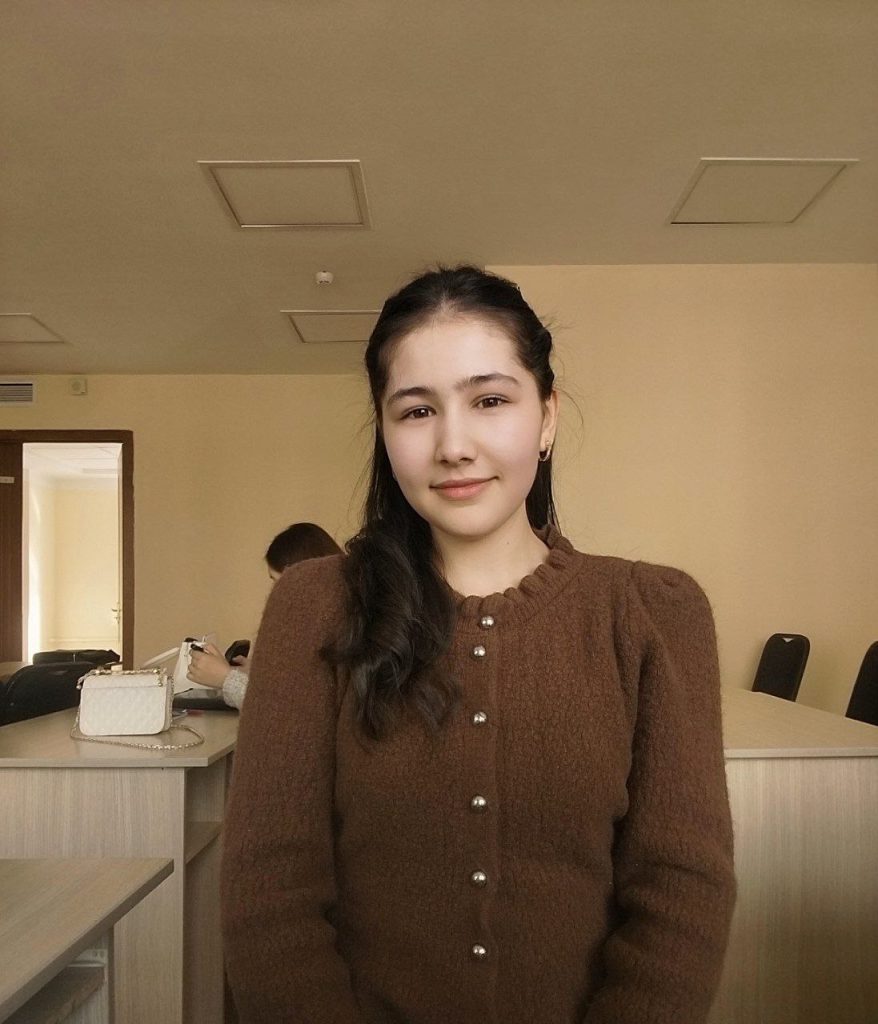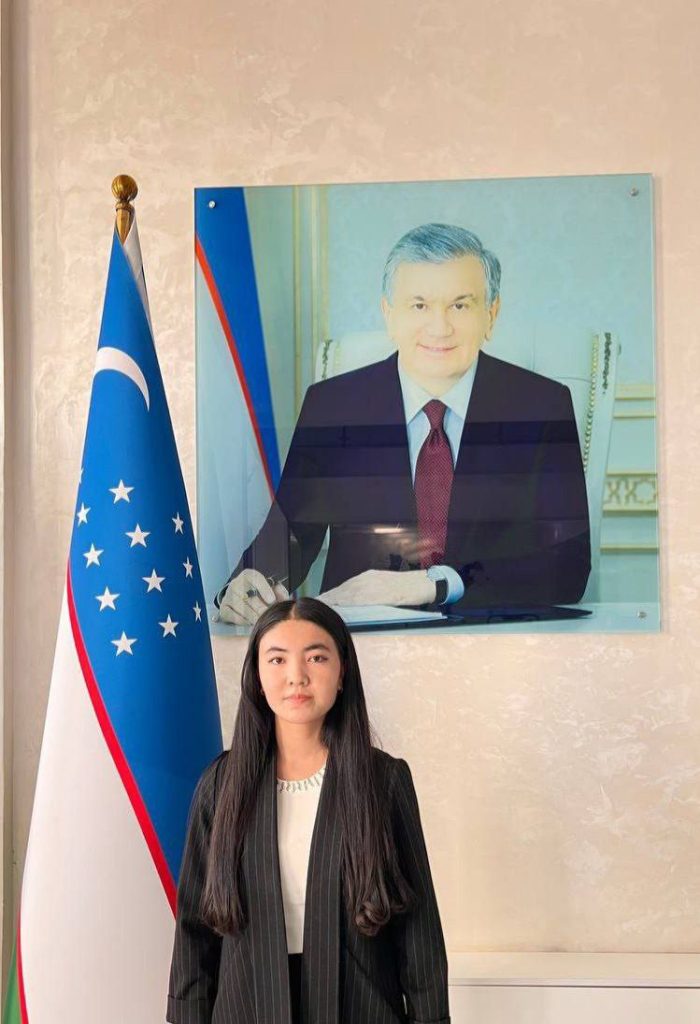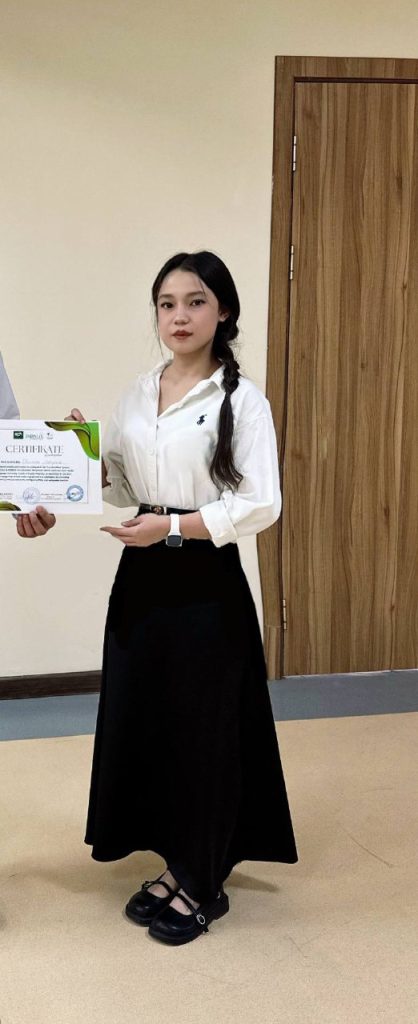
THE POETIC LEGACY OF ZULFIYA IN UZBEK LITERATURE
Uzbekistan World Languages University
English philology faculty, 2st year student
Olimova Marjona Ubaydullayevna
Abstract: Zulfiya Isroilova, widely known as Zulfiya, occupies a significant place in the history of Uzbek literature. This article examines her contribution to national poetry, focusing on her lyrical style, thematic richness, and cultural influence. Drawing upon literary analysis and historical context, the study explores the role of Zulfiya in promoting patriotism, women’s dignity, and spiritual resilience through poetry. Particular attention is given to her artistic language, emotional depth, and social engagement. The findings suggest that Zulfiya’s творчество continues to inspire readers and remains an essential component of Uzbekistan’s literary heritage.
Keywords: Zulfiya; Uzbek literature; poetry; women’s empowerment; patriotism; lyrical poetry
Literature plays a crucial role in shaping national identity and preserving cultural values. Among the prominent representatives of twentieth-century Uzbek literature, Zulfiya stands out as a symbol of grace, resilience, and intellectual strength. Her poetic works not only enriched Uzbek literary tradition but also reflected the emotional and spiritual experiences of her time. Through her sincere and expressive verses, Zulfiya contributed to the development of modern Uzbek poetry and elevated the status of women in literature.
The Literary Foundations of Zulfiya’s Poetry
Zulfiya’s творчество is characterized by lyrical sensitivity and artistic refinement. Her poetry reflects themes of love, loyalty, homeland, and human dignity. Influenced by classical Eastern poetic traditions as well as modern literary movements, she successfully combined emotional expression with social awareness.
From a literary perspective, her works demonstrate vivid imagery, symbolic language, and musical rhythm. Her poems often portray nature as a reflection of inner emotional states, creating harmony between human feelings and the surrounding world. This stylistic feature enhances the emotional impact of her poetry.
Themes in Zulfiya’s Works
One of the central themes in Zulfiya’s poetry is patriotism. She expressed deep devotion to her homeland and emphasized the importance of cultural identity. Her poems celebrate the beauty of Uzbekistan’s landscapes and the strength of its people.
Another significant theme is the spiritual strength of women. As a female poet in the twentieth century, Zulfiya became a voice of dignity and empowerment. Her works highlight women’s resilience, loyalty, and moral courage. Through her artistic expression, she challenged traditional limitations and contributed to the recognition of women’s intellectual potential.
Love and fidelity also occupy an important place in her творчество. Her lyrical poems portray love not only as a personal emotion but as a source of inspiration and moral growth
Social and Cultural Influence
Beyond her literary achievements, Zulfiya actively participated in public and cultural life. She supported young writers and contributed to the development of Uzbek literary institutions. The establishment of the Zulfiya State Prize for talented young women demonstrates her lasting impact on society.
Her legacy continues to inspire new generations of poets and scholars. Zulfiya’s works remain part of academic curricula and cultural discussions, reflecting her enduring relevance in modern Uzbekistan.
In conclusion, Zulfiya represents a significant figure in Uzbek literary history. Her poetry, distinguished by emotional depth, artistic elegance, and social awareness, has left an indelible mark on national culture. Through her exploration of patriotism, love, and women’s dignity, she shaped both literary tradition and social consciousness. Zulfiya’s legacy endures as a symbol of artistic excellence and moral strength in Uzbek literature.
References
- Karimov, N. (2010). History of Uzbek Literature. Tashkent: Literature Press.
- Rahimov, B. (2015). Modern Uzbek Poetry. Tashkent: Akademnashr.
- Isroilova, Z. (Selected Poems). Various editions.


